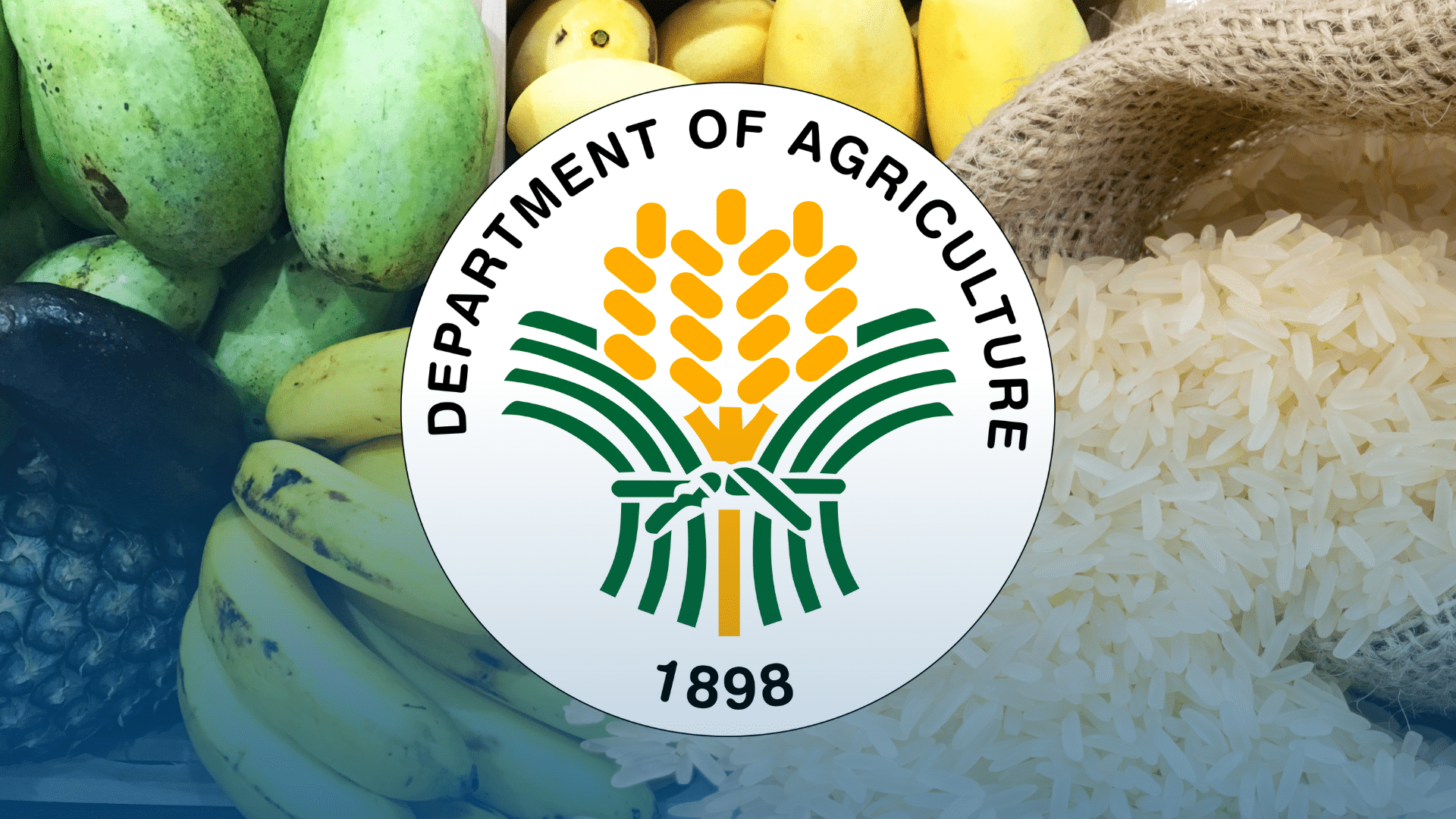
TWENTY-four senators have just adopted a resolution unanimously honoring the 87-year-old former speaker Jose de Venecia (JDV) for his distinguished political career and invaluable service to the nation. It is a well-earned tribute, rendered while JDV is still very much current rather than after he has been called to his rest. As a former senator and a good friend, I should like to claim the honor of casting the 25th vote. I count it as a genuine privilege.
JDV is a class by himself and deserves every inch of it. He has served as congressman of the fourth district of Pangasinan and House speaker at least five times during some of the most challenging years in our nation's life. He has demonstrated an extraordinary zeal for public service, working on landmark economic and political legislations and for national unity, peace and progress.
He likes to work with people of different political shades, building consensus even where consensus seems difficult to achieve. There is no conflict in the world, personal, national or international, which he has not wanted to solve, even when he could not fully grasp all the issues involved. As a tireless advocate and worker for peace, he was deeply involved in trying to negotiate an agreement between the government and the Moro National Liberation Front (MNLF) and the Moro Islamic Liberation Front (MILF), as well as between the government and the communist Left. At the same time, he was deeply involved in trying to bring together a coalition of democratic forces that would administer the business of the State.
It was the defining mission and vision of his life, and no obstacle was too great to make him back out or change course. He called it a "rainbow coalition" at one point, and the idea caught on not only in the Philippines but even abroad. On one occasion, he asked me and the late former president Fidel V. Ramos (FVR) to join him on a flying trip to Makassar, Indonesia, where the three of us spoke before a regional congress of Christian and Muslim democrats. FVR and I received our due from the warm and generous audience, but the real man of the hour was JDV. The delegates received him as their political guru.
On a couple of other occasions, we shared the same peace and democracy-building forums organized by the Korean Unification Church in Manila and Bangkok. Through various international conferences and organizations, some of my friends have tried to play an active role in the international pro-life and pro-family movement, but JDV took his involvement to the highest level by proposing an interfaith dialogue at the United Nations. JDV is a man of boundless ideas, and it has not been possible to put a cap on his activism.
I first met JDV in the 1960s when we were both young. I was a young newspaperman covering the Department of Foreign Affairs and the diplomatic row for the French news agency and later the Manila Daily Bulletin. He was a young diplomat assigned to the Philippine embassy in Saigon with the rank of minister and economic and press counselor. But he was frequently in Manila talking to Foreign Secretary Narciso Ramos, who, like him, came from Pangasinan, and occasionally with President Marcos Sr. on how to help Filipino workers abroad send some of their earnings to their families back home. We would meet for lunch at what was then the Filipinas Hotel on Padre Faura, and there, JDV would talk about his vision for the Filipino overseas worker. Nobody had heard of the overseas Filipino workers (OFWs) then. In a real sense, JDV was the real pioneer of the OFW program that now counts more than 10 million members worldwide, remits $30 billion to the national coffers every year, and has prompted Marcos Jr. to create the Department of Migrant Workers.
The Vietnam War, which the US lost to North Vietnam, interrupted his diplomatic career. In 1969, the same year I joined the Cabinet as Marcos' press secretary and presidential spokesman, JDV ran for Congress to represent the fourth district of Pangasinan. He handily won, but three years later, Marcos Sr. proclaimed martial law and abolished elections.
Forced to go into business, JDV pioneered overseas contract work for Filipinos and became one of the first prime contractors in the Middle East and North Africa, hiring a total of 51,000 Filipinos in the mid-1970s. His diversified businesses included port operations in Saudi Arabia, agriculture in Africa, mass housing and oil exploration in the United Arab Emirates.
At the same time, he engaged in oil and gas exploration which led to the first oil and gas strikes in offshore Palawan. Among many awards, this led to his selection as president of the highly prestigious Petroleum Association of the Philippines.
Martial law was lifted in 1981, and in 1986, Marcos Sr. was ousted at the EDSA revolt. JDV worked as Cory Aquino's roving ambassador for a bit, but upon the restoration of popular elections in 1987, he ran again and won. This began his uninterrupted ascent to power. He was voted as speaker five times, occupying the third slot in the line of presidential succession.
In 1998, he ran for president. He was head of a powerful political party, had the full backing of Ramos, an even more powerful president, and had a long list of formidable achievements that had contributed to the nation's real progress. But he lost to the populist Vice President Joseph Ejercito "Erap" Estrada, who campaigned under the slogan "Erap para sa mahirap" (Erap for the poor) and was removed after a botched impeachment trial after two years in office. To many people, JDV remained "one of the best presidents we never had."
fstatad@gmail.com
Read The Rest at :




